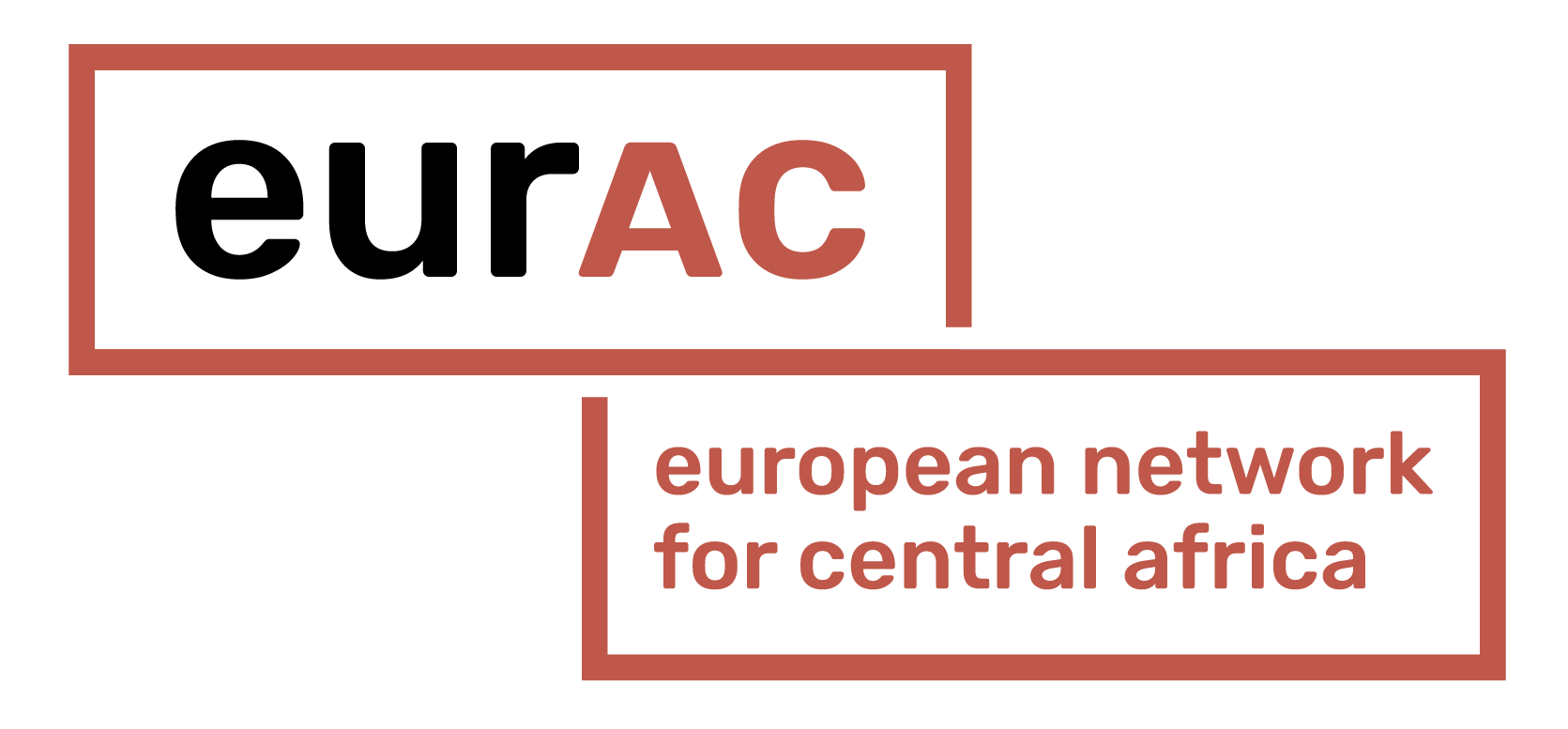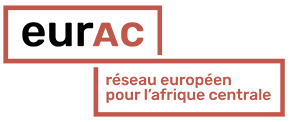Press Release - COVID-19 in the Great Lakes region: leaving no one behind
As the European Union (EU) outlined the long-awaited new EU-Africa strategy in March 2020, the European Network for Central Africa (EurAc) wishes to draw the attention of the EU policy and decision-makers to the specific challenges linked to COVID-19 in the Democratic Republic of the Congo (DRC), in Rwanda and in Burundi. In its latest Policy Report, EurAc suggests courses of action to be taken, focusing on fundamental rights and freedoms, gender-specific impacts, food insecurity, mineral supply-chains fragility, and humanitarian issues.
First, EurAc wishes to stress the impact of the measures taken by the governments on human rights. “The EU and its Member States need to ensure that human rights are protected for everyone and remain at the centre of the EU's response to the pandemic. Regardless of the country, independent press groups should be able to work freely; human rights defenders and other political prisoners should be released immediately and unconditionally; and civil society organisations should be able to defend human rights.”, declares EurAc’s Advocacy Officer Teodora Nguen.
The pandemic is in fact intensifying pre-existing inequalities, including those based on gender. “This is particularly true for countries in the Great Lakes region which are already marked by serious challenges for women and girls, ranging from poverty to participation in decision-making mechanisms, to gender-based violence.”, states Brune Mercier, EurAc’s Director. “The systematic participation of women in decision-making mechanism and especially within emergency response should be a sine qua non condition for the EU donors prior to funding any COVID-19 related programmes in the Great Lakes.”
In Burundi, Rwanda and the DRC, the overwhelming majority of the population relies on agriculture as their main source of income and is directly impacted by the COVID-19 containment measures - such as the closing of borders, the restriction of non-essential economic activities, restricted access to food markets for producers. As EurAc’s Programme and Policy Officer Giuseppe Cioffo stresses: “Food insecurity will likely affect the urban poor the most, as well as those rural producers who highly dependent on markets for their consumption, and small traders in the middle of the chain, whereas peasant farming households show more productivity, resilience and sustainability.”
The COVID-19 pandemic further exposes fragility and insecurity in mineral supply-chains as it has had an immediate impact on international commodity markets, thus highlighting already existing fragility both within the larger Congolese economy and within the artisanal and industrial mining sector. Giuseppe Cioffo explains: “Because of the already precarious conditions of artisanal miners, their health and their livelihoods are even more at risk in times of crisis, while the lack of economic alternatives in mineral-rich regions will likely lead to further impoverishment. Migration to urban areas and a possible increase in smuggling due to the suspension of official supply chains might increase insecurity, especially in the DRC’s Eastern provinces.”
Combining the COVID-19 response with existing health needs is crucial for an appropriate approach to the crisis. “The Great Lakes region is marked by socio-political instability, mismanagement, and corruption, leaving national healthcare systems particularly weak and unprepared for COVID-19. The high prevalence of other diseases, including malnutrition, malaria, measles, cholera or Ebola, is another important factor.”, declares Teodora Nguen.
Internally displaced people and refugees in the region already find themselves in a desperate situation that may well further deteriorate, especially when government keep aid organisations from operating in the context of COVID-19. Responses to the pandemic may exacerbate conflict dynamics. Teodora Nguen insists that “international organisations and humanitarian actors must leverage the strengths of local structures and systems in line with existing Grand Bargain commitments. Given the current restrictions on mobility, their role becomes even more important in the response to the pandemic. “
Read the Policy Report
Contact
- Brune Mercier | EurAc | Director
brune.mercier@eurac-network.org | +32 490 43 73 71 - Giuseppe Cioffo | EurAc | Programme and Policy Officer
giuseppe.cioffo@eurac-network.org | +32 490 43 76 70 - Teodora Nguen | EurAc | Advocacy Officer
teodora.nguen@eurac-network.org| +32 493 35 52 44 - Daniela Bishop | EurAc | Communication Officer
daniela.bishop@eurac-network.org | +32 499 81 01 77
About EurAc
The European Network for Central Africa (EurAc), created in 2003, aims to help the Great Lakes region build a better future. EurAc carries out advocacy work for a strong, coherent and sustainable engagement by the European Union and its Member States integrated to a regional approach. EurAc gathers 36 European civil society organisations that work on and in the region and that support local civil society in Burundi, the Democratic Republic of the Congo (DRC) and Rwanda in promoting peace and development, and in defending human rights.

